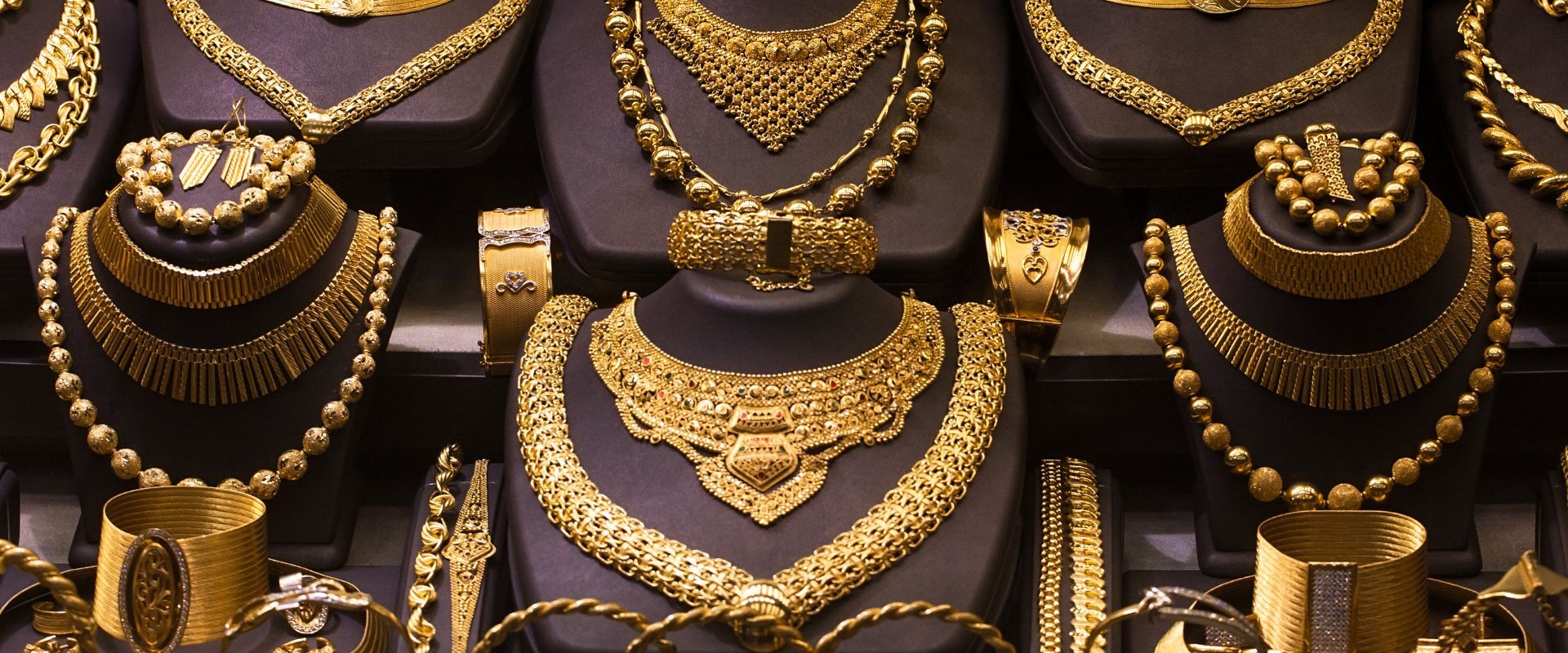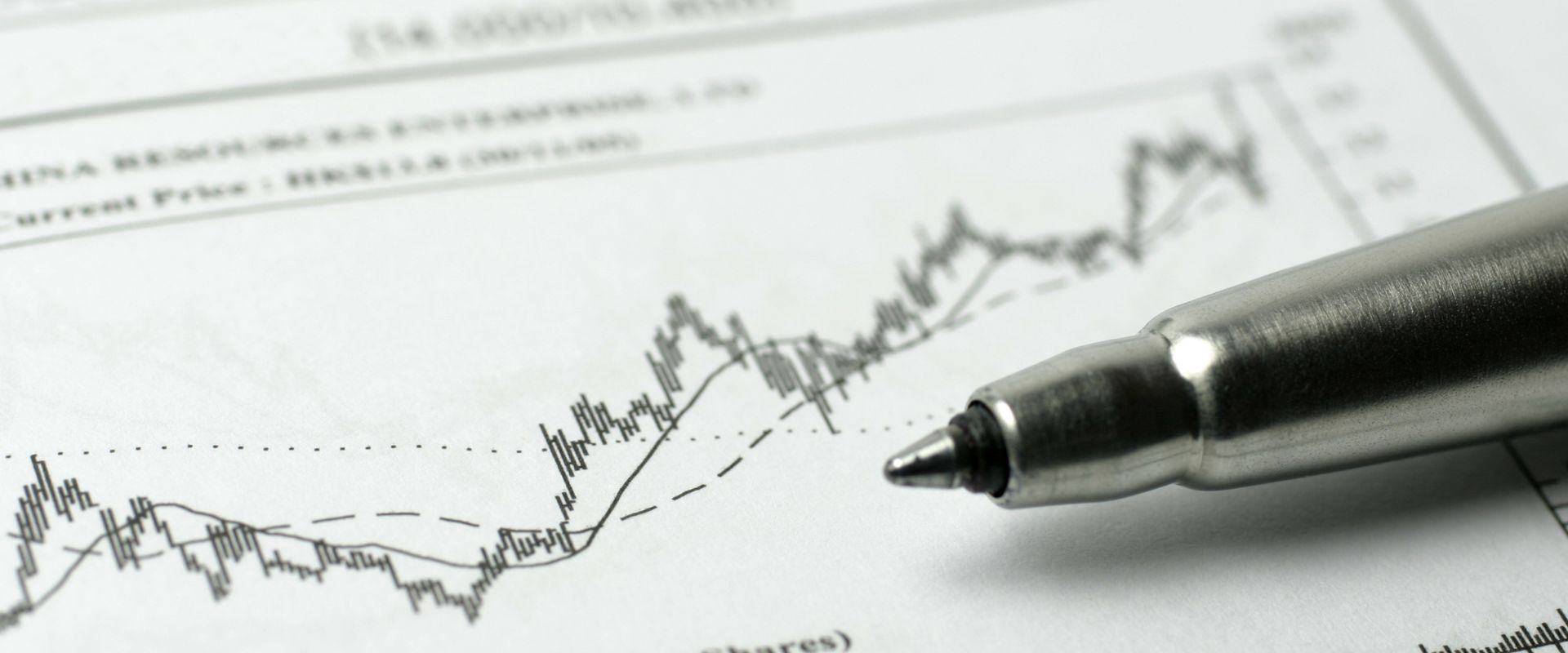Local gold prices in Japan continue to skyrocket as the Japanese yen plummets further. The Japanese yen has dropped 15% against the U.S. dollar so far this year, helping locally priced gold appear far more attractive to Japan’s investors.
“A simple glance of the yen’s drivers — yields and external accounts — puts the Japanese yen in the same league as the Turkish lira and Argentine peso,” George Saravelos, Deutsche Bank’s global head of foreign exchange research, explained in a recent report.
Any Japanese investors staked in yen-denominated gold have enjoyed solid returns so far this year as a result. Local prices for gold approached a record high in September of ¥10,000 ($68) per gram above international prices, representing an 18% increase since January.
Toshitaka Tazawa, a commodities analyst at Fujitomi Securities, explained that these gains are stemming from the yen’s collapse. The currency is reaching multidecade lows, plummeting below its top 10 rivals for the year, making the choice obvious for Japanese investors. Investors in Japan are choosing to hold onto their gains as the dollar-yen rate currently benefits bullion performance.
“Retail customers tend to buy on the dip, and they sell when it goes higher,” Taketomo Washida, a director at the Japanese precious metals refinery Tokuriki Honten, explained. “But they are not selling that much now.”
Investors likely aren’t selling because the yen’s weakness isn’t forecasted to end anytime soon. The yen’s downward trajectory is currently a direct result of the Bank of Japan’s loose monetary policies. The nation’s central bank has refused to raise interest rates to curb the raging inflation levels, which has ultimately resulted in record yield levels.
Back in September, the Bank of Japan played with the idea of beginning a more aggressive monetary policy, like the U.S. Federal Reserve and other nations combating inflation right now, though this never came to fruition. The European Central Bank and the U.S. Federal Reserve have hiked rates throughout the year, slowly calming inflation levels.
At the same time, the Bank of Japan has essentially created a “slow-motion capital flight from domestic investors into foreign assets,” Saravelos explained.
Stocks reached a three-decade high back in August as well, with numerous companies facing pressures to increase their market values in the face of a yen collapse. Japanese government bonds also appear unattractive to investors, making gold one of the only few suitable options.
“I’m glad to see that the valuation of the asset [gold] has been going up,” Kotaro Mori, a Tokyo-based investor, explained.
“If you are Japanese, what is the point of buying a five-year JGB with a nominal yield of 50bps when you can buy a five-year U.S. treasury with a real yield of 3%?” Saravelos continued.
Investors in Japan are clearly turning to various other options beyond the yen and government bonds. Aside from bullion, local investors are also dabbling in gold-backed exchange-traded funds. Gold ETF holdings in Japan have steadily grown since 2020 at the height of the COVID-19 pandemic, despite holdings on a global scale declining during the same period as investors moved away from the precious metal during the Federal Reserve’s aggressive interest rate hiking strategy.
High interest rates typically increase the opportunity cost of investing in non-yielding assets, like gold, though Japan hasn’t experienced this effect since its central bank has yet to raise rates. While the rest of the globe experienced a dip in gold pricing as central banks hiked rates, Japan essentially remained immune, with local prices steadily rising over the past few months. Now that central banks like the U.S. are reaching the end of the interest rate hiking cycle, we can likely expect Japan’s local pricing and international bullion performance rates to rise in unison.
Masashi Murata, the president and CEO of Osaka Dojima Exchange, believes that speculations over the Fed’s more dovish strategies coming in the near future should give rise to gold.
“You may think gold is strong under risk-averse conditions, but in Japan, especially among retail investors, they move funds from their savings to gold and stocks, among others, using them as one of investment tool,” Murata explained.
Analysts expect gold prices to remain high as the dollar-yen rate declines further. This factor, combined with the expected monetary policy loosening from central banks like the U.S., should only give rise to international and local gold prices alike. Of course, only time can tell how such scenarios will play out.
As always, investors should consult their financial advisors before making any portfolio decisions.








